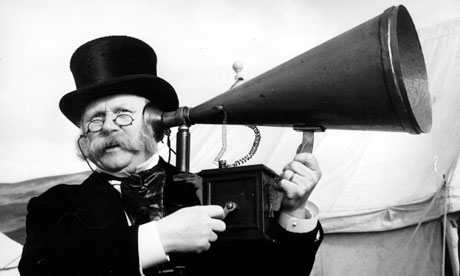
Bernadette Keefe MD
“Playing a game is the voluntary effort to overcome unnecessary obstacles.” (Bernard Suits)
Introduction
Game-play focuses and controls our attention, taps into our innate strengths, thrills us utterly, and compels us to greater resilience in the attainment of more powerful and effective skills. For these reasons, some believe that game-play is an invaluable tool to employ in tackling the biggest problems in our world today.
The ability of gaming to focus human attention so completely has attracted all those who wish to harness just a piece of that attention for their own ends. Business, education, and healthcare have all used gamification with the hopes of affecting certain desired behaviors. The goals of gamification in healthcare would be no less than to effect personal and societal behavior change, to achieve improved individual health, and the health of populations.
A flurry of aspirational papers and some early results propelled gamification in healthcare to a Gartner’s Hype Cycle * peak ‘hype’ in 2011-2013. Years 2014-2015 found gamification in healthcare in a period of disillusionment. Now the sentiment for gaming seems to be on the upswing, as more attention is being paid to high quality game design and targeted use.
In this paper, I will give some history and context to game play, video game design, and the gameful mindset to show how gamification in health and healthcare can and does happen successfully when done well. I will also include demonstrative examples and a large number of references for further perusal.
What is A Game
Games are a structured “form of play or sport, especially a competitive one played according to rules and decided by skill, strength, or luck.” –wikipedia
The history of gaming goes back to ancient times and game-play is one of the oldest forms of social interaction. In essence, the games we play are a celebration of our potential, our dreams, and our innermost passions. Game-play is self-revelatory, and, at the same time, takes us ‘out of ourselves’.
The vast variety of game forms, both ancient and modern, speaks to the centrality of games, and game-play in human life. We play games seated, across from each other, standing, poised ‘in combat’ at the 50 yard line in stadiums, and across the world, in online video games. We stand, jump, kick, run for both online and offline physical games. ‘Exergaming’, the combination of video gaming and exercise, has taken individual and group exercise to a new level. The brilliant ancient Chinese game of ‘Go’, a territorial board game of strategy, is played with as much passion today, as it was several centuries ago!

Collage of Non-Sport Gaming
Continue reading →





 Bernadette Keefe MD
Bernadette Keefe MD



 Bernadette Keefe MD
Bernadette Keefe MD